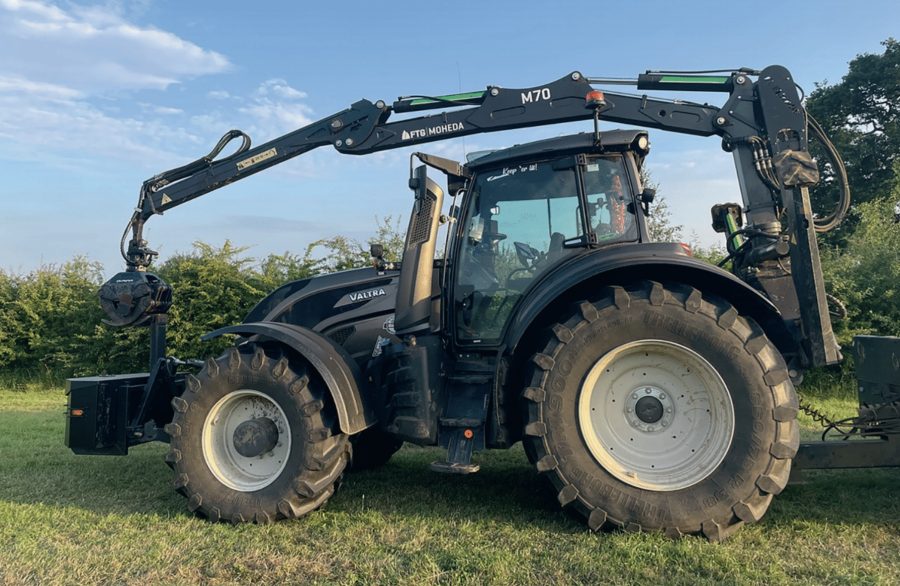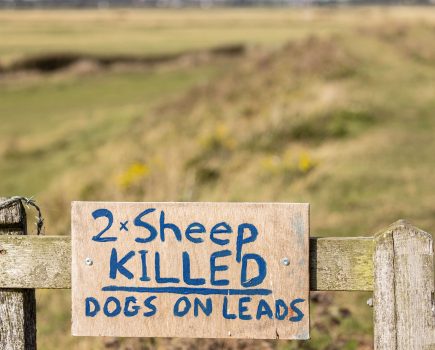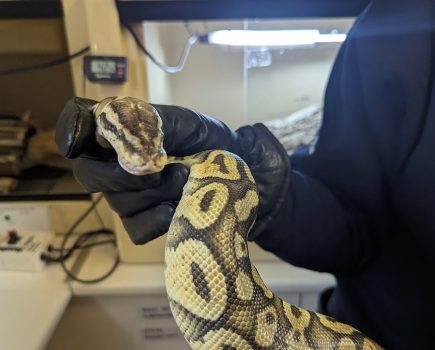Agricultural journalist, smallholder and Editor of Ferguson Heritage Magazine, Jane Brooks, joins us for her regular look at the world of agricultural machinery.
Many years ago, my daughter, Ina, did a tractor and trailer reversing course at our local agricultural college. It was just one afternoon a week, while she was studying for her ‘A’ levels, but it is a skill that over the years has been of use on our small farm, even though she now works in the financial industry.
Fairly recently the son of some friends did his tractor test, another his chainsaw qualification, both were 16 years old. But of course, learning new, or refreshing old skills is not just for the young, my husband holds an HGV licence and is currently doing his 35 hours of CPC (Certificate of Personal Competence) training, a five-yearly requirement to retain his licence to drive a lorry.
My own son realised that staying on at school after his GCSE’s was not for him, sometimes a different environment is more beneficial to learning. He chose to learn on the job so to speak, and now has a managerial position with a major car dealership, where he can get out and about and is happy with what he does. But just my own experiences have taught me that there really isn’t a one size fits all approach to further education.
This is particularly true for school leavers which is where I think apprenticeships and local colleges come into their own, especially in the agricultural engineering world that I’m pretty much surrounded by. Many years ago, my husband went to our local college on a machinery course, other friends did forestry or land-based qualifications and some managed to get apprenticeships, but my goodness how things have come on in the last few years.
APPRENTICESHIPS
Nowadays if you want to become an agricultural engineer most of our land-based colleges offer apprenticeships that are backed by the major tractor and machinery manufacturers. No longer are students taught how to replace the liners in an old engine, but they benefit from major investment in modern technology, classroom-based learning and practical hands-on experience with the type of machinery they will be working on when they finish the course.
Our local college at Moreton Morrell (WCG), together with Llysfasi (Cambria), SRUC Barony (SRUC) and Riseholme College (Bishop Burton), is part of the Massey Ferguson Apprenticeship Scheme. The scheme combines classroom and workshop training with practical, work-based development to lay the foundations for a successful career in the agricultural industry.
Because it is an apprenticeship, students have an opportunity to ‘earn while they learn’. They receive a salary from their employer as they complete their apprenticeship and achieve an industry approved qualification, whilst at the same time, gaining hands-on practical skills through a manufacturer-supported scheme.
In common with other land-based colleges throughout the country, a wide range of other courses are also on offer to prepare students for a career in agriculture, horticulture, countryside management and equine and animal care professions, what’s also so good about many of the courses on offer is that they cater for school levers, either post GCSE or A Level, or mature students with entry level right up to degree level courses available.
This article extract was taken from the October 2024 edition of The Country Smallholder. To read the article in full, you can buy the full issue here.
To receive regular copies of The Country Smallholder magazine featuring more articles like this, subscribe here.
For FREE updates from the world of smallholding, sign up for The Country Smallholder newsletter here.








